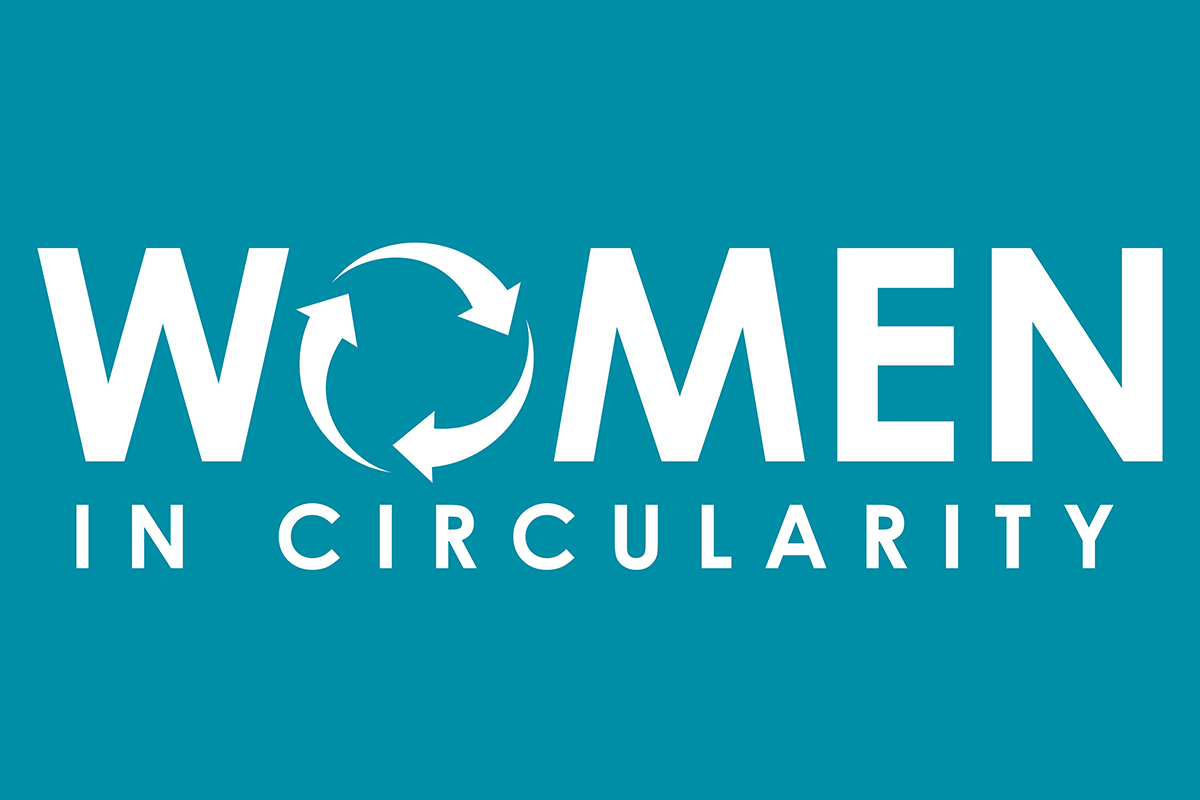
A warm welcome back to “Women in Circularity”, where we shine a light on women moving us toward a circular economy. This month, I was pleased to connect with an expert in community-based circular systems: Dr. Jess Watson. Jess is the Executive Director of earthday365, a nonprofit dedicated to inspiring and equipping the St. Louis community to work collaboratively toward an equitable, healthy and environmentally sustainable future through education and resources. Jess has 20 years of experience in developing and delivering community projects that support a healthy, just and circular future.
How did your early experiences shape your journey toward becoming Executive Director of earthday365 and co-founding initiatives like CircularSTL?
I have always loved the way working cooperatively conserves resources and builds community at the same time. I think it’s not valued enough as an important sustainability technique, and I was inspired by many cooperatives I encountered while living in Thailand and traveling in Latin America. Through the years, I have started chicken co-ops for local recycling of leftover food and production of eggs, founded MoppetSwap to exchange clothing and toys among parents and caregivers and co-founded a community garden, Hidden Alley Ranch. You might call me a serial founder of co-ops and coalitions. Now, through my work with earthday365, I’m working more at the local and national levels to try to replicate exciting circular models.
You have worked to integrate environmental justice, climate justice and circular economy principles into earthday365. Can you share how these intersecting values influence your strategic direction and community impact?

Dr. Jess Watson
When I started at earthday365, we were well known for a longstanding event sustainability program (Recycling on the Go), a restaurant certification program (Green Dining Alliance), and running the largest Earth Day Festival in the Midwest (St. Louis Earth Day Festival). I wanted us to think both and smaller and bigger—smaller in creating deeper relationships with individuals affected by climate and environmental justice, and larger by forging partnerships to co-design programs that translate sustainability messaging to a wider audience, eventually aiming at changing policy. Some of these programs have been wildly successful, such as our Sustainable Fashion Show, which has run for three years and is curated by visionary Black makers and highlighting mostly Black designers of upcycled and vintage fashion. It has evolved into a mashup of poetry, music, dance and textile arts, and brought a whole new demographic to the Earth Day Festival while explicitly centering circularity principles. We founded the regional food waste messaging campaign, Too Good To Waste, which in 2024 had over 9 million impressions and has led to the drafting of our Regional Food Waste Plan. And we have had some real learning experiences too. Our pilot program called the Kind Box, offered reusable services to restaurants, but taught us that the logistics of wash hubs need to be done at scale. Many of those lessons have been integrated into my work with CircularSTL.
Looking back, which project or program—do you feel most proud of, and why?
I’m really proud of the way that our Green Dining Alliance program has cultivated a major focus on food waste and really bounced back after several difficult years during the pandemic. Food waste is a special passion for me because of its potential to address local food insecurity and its direct links to climate change. We’ve grown the Green Dining Alliance program over 20% in the past few years to include 107 restaurants, launched our annual Food Waste Challenge – the Mayor proclaimed the first Food Waste Awareness Day in 2023 – and now the program diverts over 13 million lbs. from the landfill each year, the majority of which is food waste. We’re in talks to expand this model into new cities in coming years.
Are there emerging trends that you believe will reshape how communities and organizations approach reuse, waste reduction or repair?
As we have been working to expand CircularSTL here in St. Louis, Missouri, I have been excited to see the spread of reuse networks and coalitions. We’ve learned so much from other regional reuse hubs and the spread of zero waste plans and ordinances in cities across the country. It can feel demoralizing to work in a state where circularity infrastructure is often dismissed as cost-ineffective. For instance, just last week the City of St. Louis suspended curbside recycling indefinitely – I’m still in shock. While recycling is only one strategy of moving us towards a more circular regional economy, it is a basic building block. I’m hoping we can use this as an opportunity to reform a broken system and use it to work towards a comprehensive zero waste plan in the future. Luckily, I recently heard that the City accepted my proposal to create a Recycling Task Force to investigate a better solution. We’ll be building on the work of colleagues in reuse coalitions across the country to develop a more effective model here.
Is there a work of environmental fiction that brings you joy?
Reading fiction is what I do for pleasure, and a novel I’m currently reading related to this topic is Ministry for the Future — a truly monumental take on what the next century could look like if the world really took climate change seriously. Not always joyful, but very enlightening. As a family, we’ve been working our way through Miyazaki’s films, and I’m always struck by the strong environmental messages in classic films such as Princess Mononoke and Nausicaa. Enjoyable for all ages!
MaryEllen Etienne is the creator of “Women in Circularity.” Etienne works on the Market Transformation and Development team for the U.S. Green Building Council. She has over 20 years of experience in sustainability and is a champion of the circular economy.

